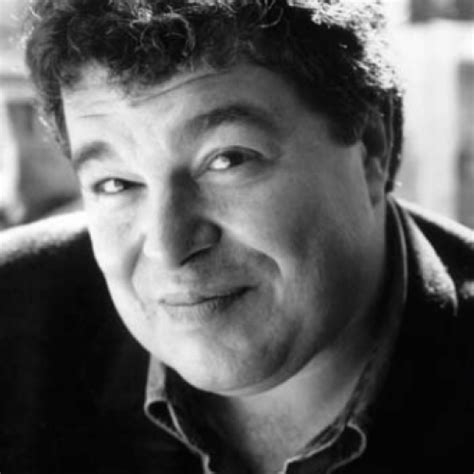A Quote by Penelope Lively
Conventional forms of narrative allow for different points of view, but for this book I wanted a structure whereby each of the main characters contributed a distinctive version of the story.
Related Quotes
The editor, Stephen Segal, actually called me with the idea of creating an accordion book [ "The Thorn & The Blossom"], and asked if I could write a story for it. I was so intrigued! I immediately knew that it had to be a love story told from the points of view of the two main characters. Right away, I started working on a proposal. And once I had my main characters, Brendan and Evelyn, it was as though they started telling me their stories.
When you tell a story, there are imperatives of structure, of style, of pacing and all of this, that are there simply because you want to make it a good story. When do you introduce your characters? When do you put them onstage, when do you take them off the stage? How do you weave the different threads of the narrative together?
I've been a huge fan of Hal Ashby forever. And I think that the distinctive thing about 'Coming Home' is the love story, and how - kind of emotionally real it is, and how these two characters allow each other to see their - kind of vulnerabilities. And it's great because it's a love story that's not really that cheesy, either.
I disagree that Blood Will Out is a memoir in the conventional sense. It's the story of a relationship, primarily, not an individual. The "me" in the book is a specialized version of me, the person who Clark manipulated and fooled. I could cover the same years of my life from an entirely different perspective in another book, by concentrating on my experience as a husband, say. But I was selective. I focused on my duping.
I don't know quite how a story develops in my head. It is a bit chaotic. If I am working on a series, one of the main characters at least is already in existence as well as some setting and minor characters. Finding the other main character can be a challenge. Sometimes this character already exists in a minor role in another book.



































